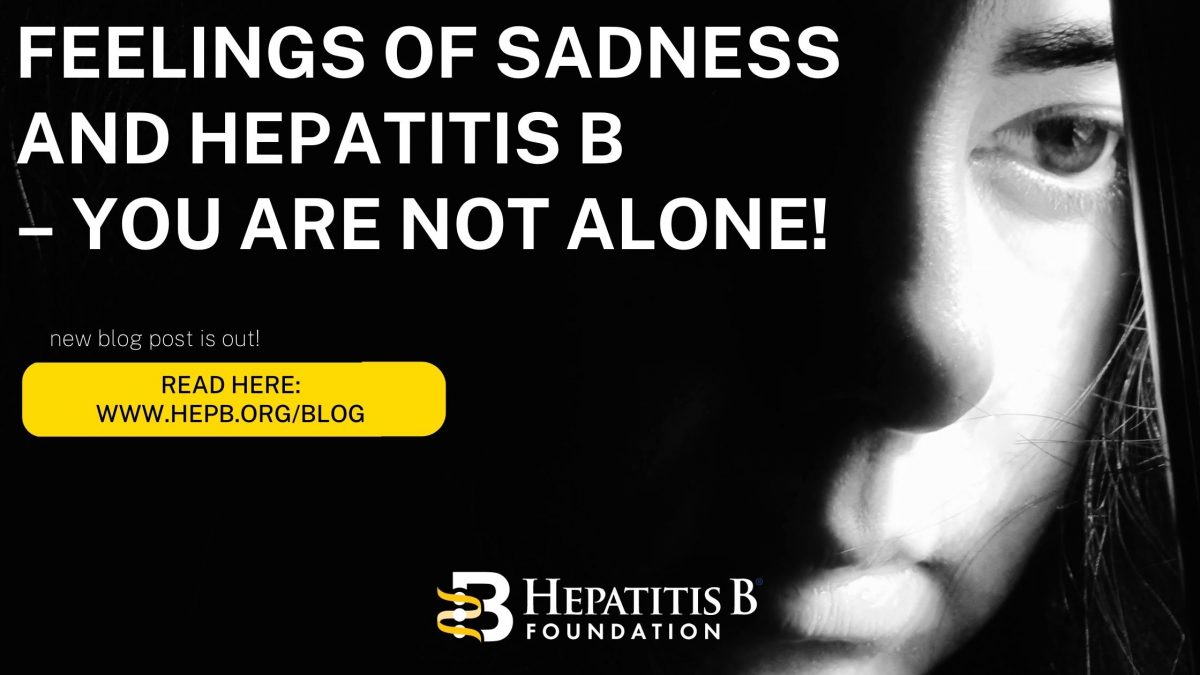
As March wraps up and we look to April, let’s celebrate National Minority Health Month!
This month is all about building awareness around the disproportionate burden of premature death and illness in minority populations and encouraging action through health education, early detection, and control of disease complications.
Why is There a Disproportionate Burden of Hepatitis B in African and Asian and Pacific Islander Populations?
To address this, we first must know some background information. The hepatitis B virus was discovered in 1965 by Dr. Baruch Blumberg, and the recombinant vaccine was approved in 1986. Almost 300 million individuals across the globe are living with chronic hepatitis B. Hepatitis B is a virus that affects your liver. Left untreated, it does damage to your liver and could lead to fibrosis, cirrhosis, or liver cancer.
Multiple factors influence why hepatitis B is so common in African and Asian Pacific populations. Hepatitis B is an ancient virus, and because it is transmitted through blood contact, it has been spread from generation to generation throughout Asia and Africa. Many countries have effective vaccination programs that have drastically slowed transmission over the past 15 years – but some countries, where up to 10% of the population has hepatitis B, still don’t provide universal vaccination to newborns, children or adults – so hepatitis B transmission remains high. Additionally, lack of awareness regarding hepatitis B transmission, lack of hepatitis B testing and data, stigma and hepatitis B related discrimination also play roles in the continued spread of hepatitis B in endemic regions.
In WHO Africa Region, 81 million people are living with hepatitis B, 116 million in the Western Pacific Region, and 18 million in the South East Asian Region.1 In the US, hepatitis B primarily impacts communities of color, especially 1st and 2nd generation Americans.
So, what does this mean for you in the context of hepatitis B during National Minority Health Month?
What Can You Do National Minority Health Month?
Those from communities that are highly impacted by hepatitis B, including Asian Americans, Pacific Islanders, and people of African origin, are at higher risk for having hepatitis B. If you do not know your hepatitis B status, go get tested and encourage your family members and close contacts to get tested as well. Testing for hepatitis B is very simple and if your test results show that you need vaccination, there is a safe and effective vaccine.
Did you know that most transmission occurs from mother to child, due to the exchange of blood during the childbirth process? If you are expecting a baby, be sure your doctor tests you for hepatitis B – this way, the doctor can be sure that your baby gets the appropriate shots at delivery to prevent them from getting infected. If you live in the United States, health insurance, including Medicare and Medicaid, should cover the cost of hepatitis B testing for pregnant women. Find out more about the birth dose here.
We know getting tested for hepatitis B can be challenging. Schedules can conflict, the associated cost can be a barrier, and sometimes we do not want to find out our status due to possible stigma and discrimination. The good news is that you can reach out to your local clinic or community center to link to testing and vaccination for a low or at no cost with a culturally sensitive provider that might be able to speak your native language. Finding out our hepatitis B status can be scary. However, it is important to know because there are effective treatments for hepatitis B.
Find a testing and vaccine provider here!
Next, you can help create and build awareness of hepatitis B in your community. Do you and your community use social media like WhatsApp, Facebook, Twitter, and Instagram? You can share hepatitis B information with them here from the Know Hepatitis B Campaign from the Centers for Disease Control and Prevention (CDC) or follow the Hepatitis B Foundation on social media to share our posts with your friends and followers.
What Can Providers Do During National Minority Health Month?
Providers also have a responsibility during National Minority Health Month. Providers can help educate their patients about hepatitis B, especially those at higher risk, and talk about testing and vaccination. Recently, the CDC’s Advisory Committee on Immunization Practices recommended universal hepatitis B vaccination for all adults ages 19-59. Healthcare practitioners should incorporate this recommendation into their practice to help reduce the number of new cases of hepatitis B in the United States.
Working together, we can commemorate National Minority Health Month and eliminate hepatitis B-related health disparities for the future!
References
- https://www.who.int/news-room/fact-sheets/detail/hepatitis-b
- https://www.pewresearch.org/fact-tank/2020/08/20/key-findings-about-u-s-immigrants/



